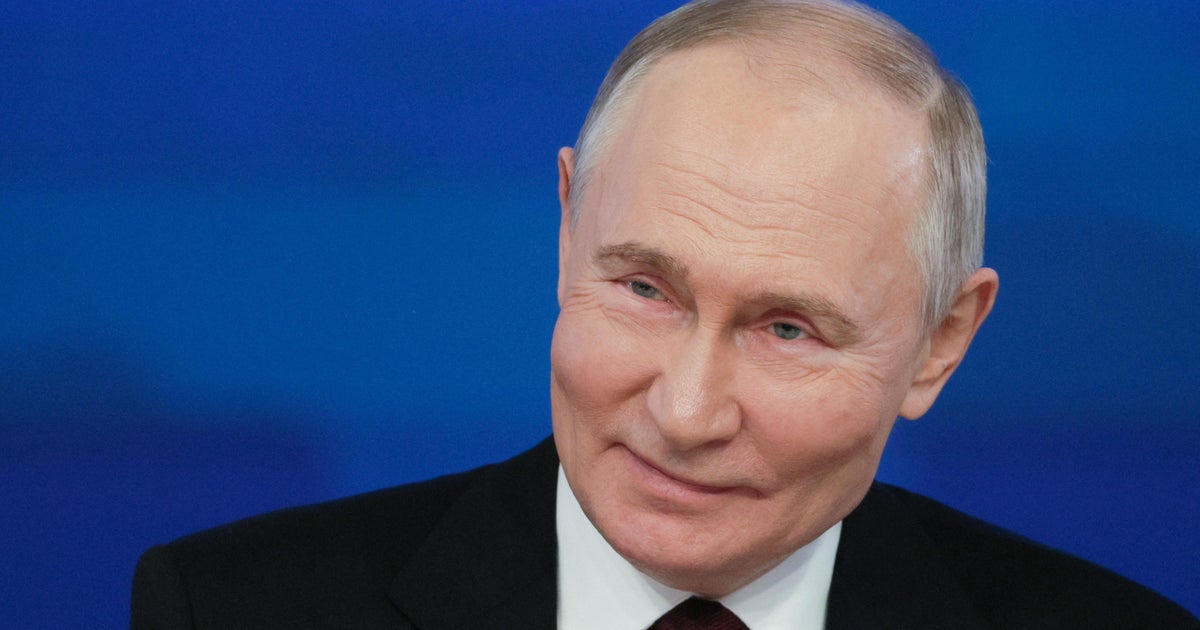Putin critic Alexei Navalny poisoned with Soviet-era nerve agent, Germany says
Russian opposition leader Alexei Navalny was the victim of an attack and poisoned with the Soviet-era nerve agent Novichok, the German government said Wednesday, citing new test results. Navalny, a politician and corruption investigator who is one of Russian President Vladimir Putin's fiercest critics, fell ill on a flight back to Moscow from Siberia on Aug 20 and was taken to a hospital in the Siberian city of Omsk after the plane made an emergency landing.
He was transferred two days later to Berlin's Charité hospital, where doctors last week said initial tests indicated Navalny had been poisoned.
Chancellor Angela Merkel's spokesman, Steffen Seibert, said in a statement Wednesday that testing by a special German military laboratory had now shown "proof without doubt of a chemical nerve agent from the Novichok group."
"It is a dismaying event that Alexei Navalny was the victim of an attack with a chemical nerve agent in Russia," Seibert said. "The German government condemns this attack in the strongest terms."
In an update shortly after the government's announcement, the Charite hospital said that Navalny is in serious condition and remains on a ventilator. But it said that he "continues to improve."
"Recovery is likely to be lengthy," it said in a statement. "It is still too early to gauge the long-term effects, which may arise in relation to this severe poisoning."
British authorities identified Novichok as the poison used in 2018 on former Russian spy Sergei Skripal and his daughter in England. The nerve agent is a cholinesterase inhibitor, part of the class of substances that doctors at the Charite initially identified in Navalny.
Germany demanded a response from the Russian government. The Kremlin said Wednesday it hadn't been informed yet of Navalny being poisoned with a nerve agent.
"Such information hasn't been relayed to us," Kremlin spokesman Dmitry Peskov told the state Tass news agency.
Seibert said the German government would inform its partners in the European Union and NATO about the test results. He said that it will consult with its partenrs in light of the Russian response "on an appropriate joint response." Germany also will contact the Organization for the Prohibition of Chemical Weapons, he added.
Navalny's allies in Russia have insisted he was deliberately poisoned by the country's authorities, accusations that the Kremlin rejected as "empty noise."
"To poison Navalny with Novichok in 2020 would be exactly the same as leaving an autograph at a crime scene, like this one," Navalny's longtime ally and strategist Leonid Volkov said in a tweet that featured a photo of Putin's name and a signature next to it.
The Russian doctors who treated Navalny in Siberia repeatedly contested the German hospital's poisoning conclusion, saying they had ruled out poisoning as a diagnosis and that their tests for cholinesterase inhibitors came back negative.
Mikhail Khodorkovsky, a Putin critic who lives in exile in London, told CBS News in 2017 there was little Navalny can do to prevent an attack from happening. "It's like walking through construction site with bricks falling from up above. A brick might strike you, it might not strike you. The only choice you have is whether to walk through this construction site or not."
In 2017, "CBSN: On Assignment" spent a week with Navalny. Watch the video here:




